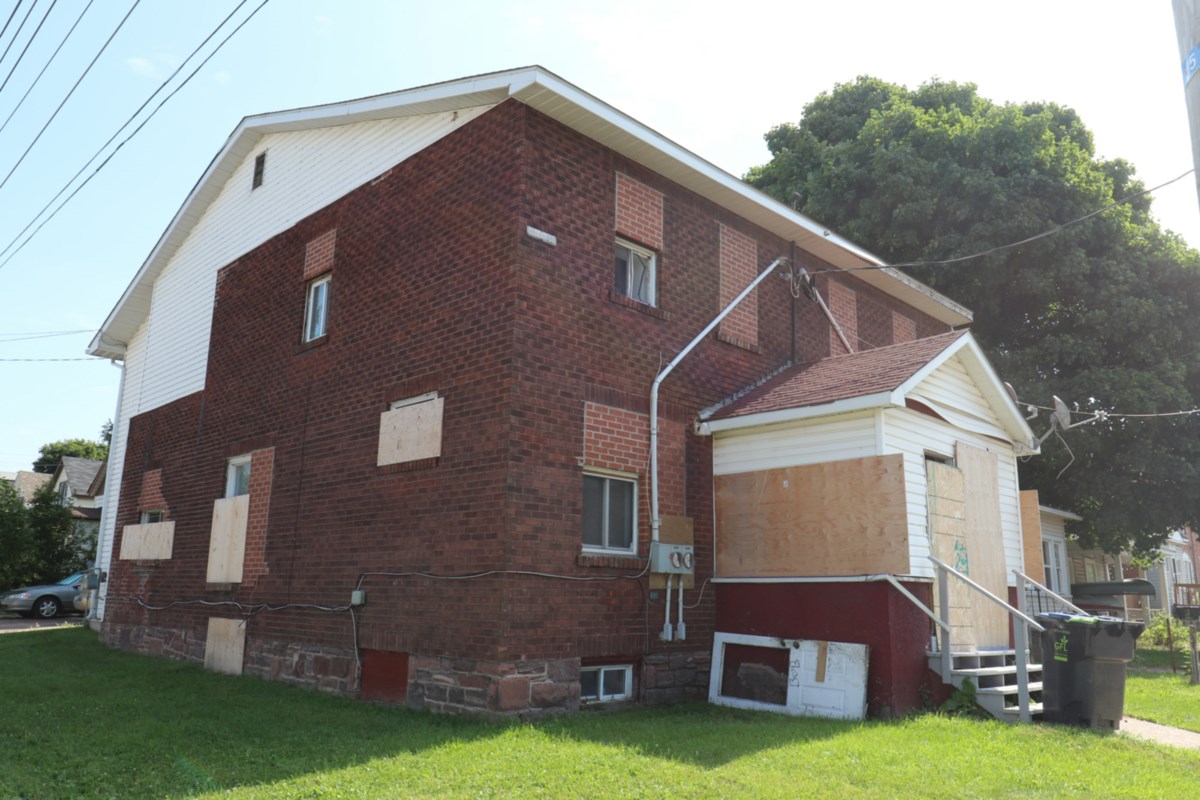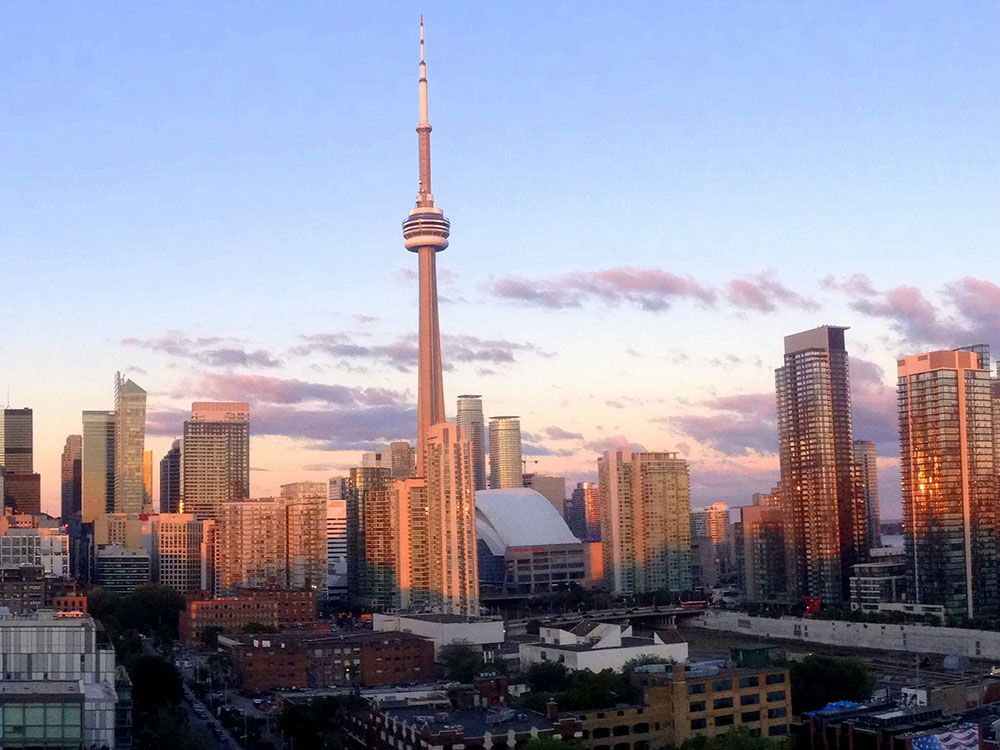Brad Sallows
Army.ca Legend
- Reaction score
- 8,742
- Points
- 1,040
Not sure how government building low-income housing helps. People with low incomes can afford to buy rather than rent? Or is the definition of "low income" elastic to suit argumentation? Allowing government, with its deep pockets and indifference to its own anti-competitive practices (eg. subsidizing whatever it does to make it happen, if necessary) is good for the market by driving out everyone else?
Attempts to force housing creation aimed at any particular moderate to low income level will fail because the people above that level will, if the housing is in any way decent, be able to outbid the target audience...and the price of housing goes up. The housing problem is best solved by allowing developers to satisfy the uppermost wealth decile first, then the next one down, and so on. I suppose that grates some people's sense of fairness, but it does mitigate bidding wars at levels further down and when a person moves up, they are vacating a place somewhere else. Mostly, though, attempts to force "low income housing" creation must be paid for by someone if not the prospective residents, which means higher pricing somewhere else. Oops.
Attempts to force housing creation aimed at any particular moderate to low income level will fail because the people above that level will, if the housing is in any way decent, be able to outbid the target audience...and the price of housing goes up. The housing problem is best solved by allowing developers to satisfy the uppermost wealth decile first, then the next one down, and so on. I suppose that grates some people's sense of fairness, but it does mitigate bidding wars at levels further down and when a person moves up, they are vacating a place somewhere else. Mostly, though, attempts to force "low income housing" creation must be paid for by someone if not the prospective residents, which means higher pricing somewhere else. Oops.








